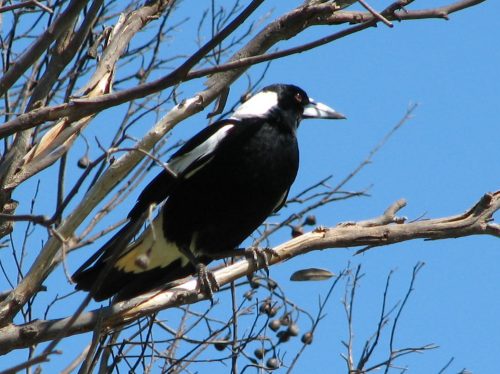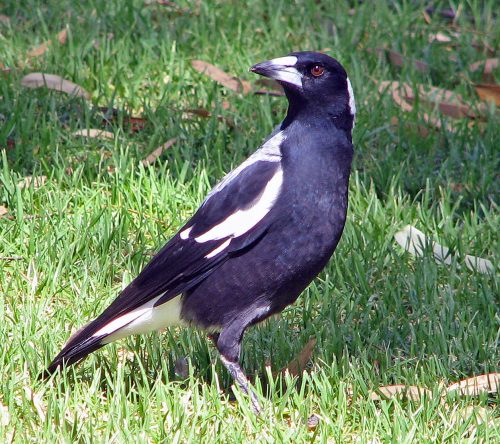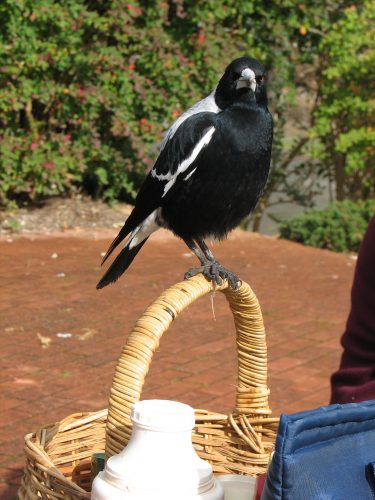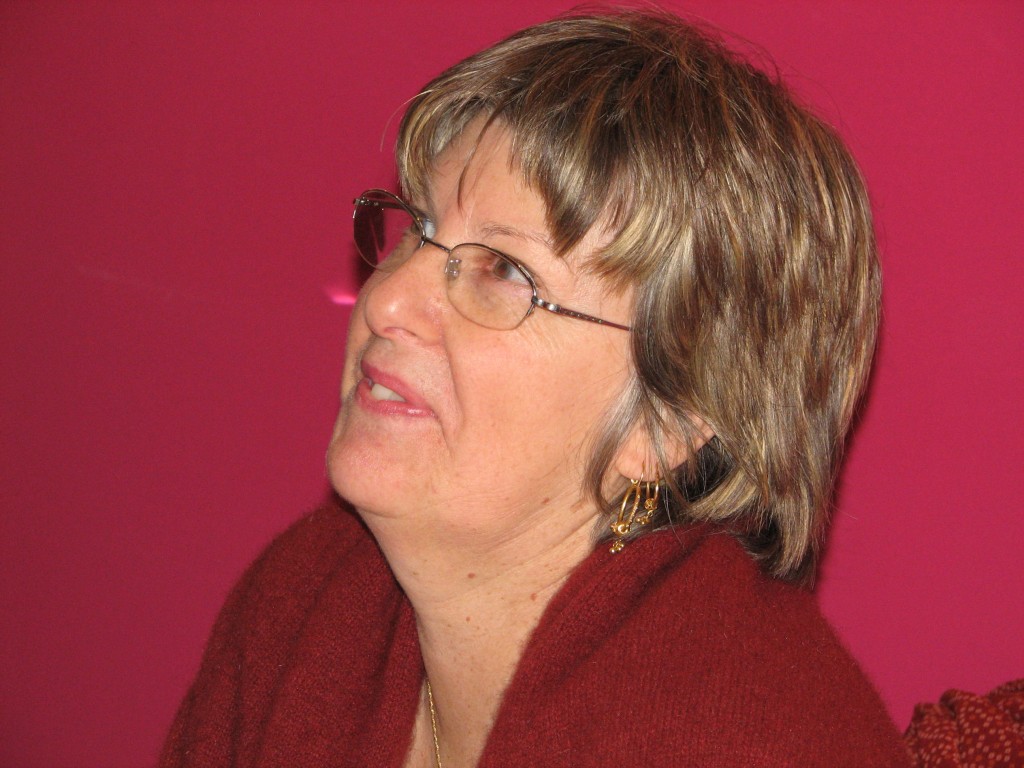The importance of young writers
The future of writing
I do not think that I would get many arguments when I say that the future of writing is in the hands of young writers. I probably could go on to say that the future of books is also in the hands of our younger writers. A future without writers is bleak indeed, but a future without readers is something I cannot imagine. It is a bleak pessimist who states that writing and reading are doomed.
My Hope
In the spheres of reading and writing, I am a romantic optimist. I see an unbelievable future for the art and craft of writing, and a beautiful rosy prospect for the joys of reading. How and what stories writers weave with their words may change – just look at how the internet, social media, blogging and eBooks have changed how and what people write, so too reading may change just as dramatically. We can see this already in the popularity of audiobooks and podcasts.
Very young writers
I spent all of my teaching career of 35 years encouraging young students aged between six and twelve to read and to write. I don’t think any of them have devoted their lives to writing, but many of them have pursued great careers. Over recent days, I have been reminded again of the importance of reading and writing to very young students. I have been staying for a little while with my son and his family. My granddaughter, age 7, has always been a voracious reader.
The importance of reading
I have very fond memories of reading to my children when they were very little with my daughter on one knee and my son on the other. It was a nightly routine and a love of reading has stayed with both of them throughout their lives. I also have fond memories of reading to my grandchildren in a similar way whenever staying with them. (We live 1300km apart, unfortunately.) The habit of reading to the children every night – and sometimes during the day, too, has also been a hallmark of my grandchildren’s upbringing. Both are very competent readers with excellent comprehension and an amazing vocabulary to match. This competence flows naturally over into their writing.
The importance of writing
While on my current visit to stay with family I have been once again impressed by my granddaughter’s writing ability. She has an extremely active imagination and a great command of language and how it works. even at age 7 (nearly 8), she can write a very imaginative story with ease, the words flowing quickly and seemingly effortlessly. This has to be as a result of countless hours of reading and being read to by her parents.
Planning and structure in writing
One aspect of the writing I have seen her produce is that she plans her stories out in detail, following a structure which has been carefully taught by her teachers. She has a great sense of story, the structure of a story, and how characters, emotions, settings, voice, speech patterns and the like are so important in telling a great narrative. I am so grateful that she has had several great teachers in her life so far. May this continue.
Good reading. Good writing.
Trevor
A Great Book for Young Soccer Fans
Birthday
A few days ago my grandson had his ninth birthday. He had previously made a long list of things he would like for his birthday. This sure helps old grandfathers like me in the selection process. I am usually quite hopeless in choosing appropriate gifts for family members.
Birthday list
One of the items on his list included books in the Tiny Timmy series written by Australian soccer star, Tim Cahill and co-written by Julain Gray. My grandson only had Book 1 in a six-book series. I read this book and I was very impressed. It has been many years since I read mostly children’s books. That was when I was a teacher/librarian and a classroom teacher in primary schools.
Tiny Timmy books
The book I read this last week was Tiny Timmy: Soccer Superstar. Being the first in the series, the protagonist Tim is mad keen on becoming a soccer star. He desperately wants to play on the school soccer team. There are just three main problems: he is smaller than his teammates, he is constantly teased by the other players, and the coach doesn’t pick him in the team. Tim is not discouraged, though even his attempts at being the team’s orange boy are disastrous.
Perseverance
Although the authors don’t use the word perseverance, this book shows young, enthusiastic soccer players that hard work, dedication and trying hard to improve will pay off. Little Timmy keeps practising and helping out until he discovers that he has a unique skill the other players do not possess.
Review
I loved this book. It is easy to read. It encourages young people to keep trying. It teaches children to stay focused on what they want to achieve. It is easy to read with appropriate illustrations on every page. The chapters are short and filled with action. I cannot find any information regarding how biographical these books are, and they are listed by the publisher as fiction. It doesn’t matter; they are great little books for anyone aspiring to improve in any endeavour, sporting or otherwise.
Recommendation
I highly recommend this book for readers ages 8 to 10, especially if they are keen to improve in any sport, not just soccer. I was so impressed with the first book in the series that I went and bought books 2 and 3 for my grandson. I think he was impressed.
Reference:
Cahill, Tim and Gray, Julian: Tiny Timmy: Soccer Superstar. Scholastic Australia, Sydney, 2015.
Reflections on an old story

Australian Magpie
Memory lane
I have been having a trip down memory lane in recent days. I have been typing up an old story I wrote many years ago. In fact, the only copy I appear to have is a typed copy with 1989 on the title page. I was shocked to realise that this story was written nearly 28 years ago. It has languished ever since as one or two copies stored in boxes in our garage. The copy I am using was printed on an old dot-matrix printer. Remember those old clunkers?
Early computers
This story, called Magpie Farm (hence the photo of an Australian Magpies above and below), was typed on either a borrowed Commodore 64 computer or on the Amigo 500 I bought around that time. I can’t remember. I think that it was written during a school holiday break; I was a classroom teacher at the time. Those old computers were wonderful, and I learned so many things about the digital world from them. I still have the old Amiga – in working condition too, though I only fire it up every five years or so. Sadly, the old Amiga discs are not compatible with today’s PCs, hence the need to retype this story.
First novel
I am sure that this was my first attempt at writing a novel for children. At just under 10,000 words it is probably better described as a chapter book. I have since written several more novels for children, of varying lengths and subject matter. I am planning to prepare these for publication sometime this year. They will initially be in eBook format with print on demand paper copies also available.
Background to Magpie Farm
As I type up this story, I recognise many incidents from real life. The main character is a young boy who is afraid of magpies. Some Australian Magpies are notorious for their tendency to swoop people during the breeding season. The boy’s family move to a small farm and he is horrified that there are magpies on the farm. Some of the incidents I have included in the story are drawn directly from my own family’s experiences. A few years before writing this story, we also bought some acreage, though five acres (two hectares) can hardly be called a “farm”. We did have some sheep for a while; I’m not sure if that qualifies it as being a farm.
A problem
I have a serious problem with the story. Several problems, actually.
It is terrible.
Honestly – it needs some serious editing, rewriting and restructuring. The problem is that I have decided to be very strong as I type it up. I tend to edit as I type. This applies to most of my writing these days. The first draft is often very close to the final draft. I rewrite, edit, proofread and so on as I go. Not always, but usually that is my preferred writing style. This time I decided to be very strong and resist all urges to stop and rewrite, edit or change anything. Those steps will come later.
Why is it terrible?
As I type, I find myself wincing often. How could I have written such terrible prose? The dialogue between characters is not all that bad, but the rest of it is quite naive – almost childish. This shows up three basic things:
- I have certainly progressed a long, long way as a writer in the intervening years.
- There is much good material in the story which can be vastly improved.
- I now know what is wrong with the story and the writing, and how to fix it; that comes with experience and heaps of writing practice (over 3 million words later, and counting).
Where to now?
I still have a few chapters to type up. Then I will spend a week or two rewriting whole slabs of the text to bring it up to publishable standards. Later will come the proofreading and copy editing stages before I send my baby out into the world. After that, I have two other longer novels written several years later and they will both need the same treatment.
Is it all worth it?
If the story as it stands now is so terrible in my own eyes, is it worth pursuing and putting in all that work? I believe so. I take this attitude, not because it was my first serious attempt at a novel, but because of feedback from readers.
- At the time I printed out a number of copies and handed them out to friends. They all commented how good it was, and how much they enjoyed it.
- I also read it to several classes I was teaching at the time of writing. I still have contact with many former students who remember the story well.
- I was asked recently by one former student if I had published this story. He added that it had a profound, positive effect on him. It inspired him to become a writer. He has published some of his writing, he has participated successfully in performance poetry events, and he wrote and performed in a musical which was showcased last week at the Adelaide Fringe Festival. This festival is regarded worldwide as second only to the Edinburgh Fringe Festival.
- Wow! I love feedback like that.
Stay tuned
I plan to publish this chapter book (novel?) in the near future, so stay tuned. The launch will be announced on this site, and it will be available through this site.
Good reading. Good writing.
Trevor
Further reading:
- Trevor’s Birding – check out another blog of mine where I also write regularly about Australian birds. I showcase many of my bird photos on that site.

Australian Magpie

Australian Magpie
Writing children’s books
I am currently visiting my grandchildren who live interstate. It’s a joy I have only a few times every year, but so interesting to see their development and to play with them a whole range of games. Their ages are 4 and 1, so they are still developing in many ways, especially in their imaginations.
One of the special delights is cuddling up for story time. Both parents are book lovers, so their home has many books. Family and friends have also made sure the two little ones have plenty of books in their lives. And to add to the wonderful books in the home, a new branch library has just recently opened up in an old church building five minutes’ walk up the road.
In reading books daily to the grandchildren – and sometimes several times a day – once again has impressed upon me the importance of reading in the life of a child. So much language development occurs in this pre-school period. So many books are rich in wonderful language. But more than that, there is so much cultural heritage which can be absorbed by the young, developing mind. There are also the many environmental concepts which can also be introduced through non fiction. Last night my grandson and I spent nearly an hour pouring over a book about farming; he lives in Australia”s largest city so this is an excellent way of talking about my heritage; I grew up on a farm.
The case for reading to and with children is so important and soundly supported by the research. What is less emphasised, I feel, is the importance of reading children’s books if one desires to be writing children’s books. Just like in the importance of books in the life of a developing child, so is the reading of children’s books vital in the development of the aspiring children’s authors. You cannot read too many, and there are so many wonderful children’s books out there now you will certainly be entertained for many years to come.
Good reading.
Good writing.

